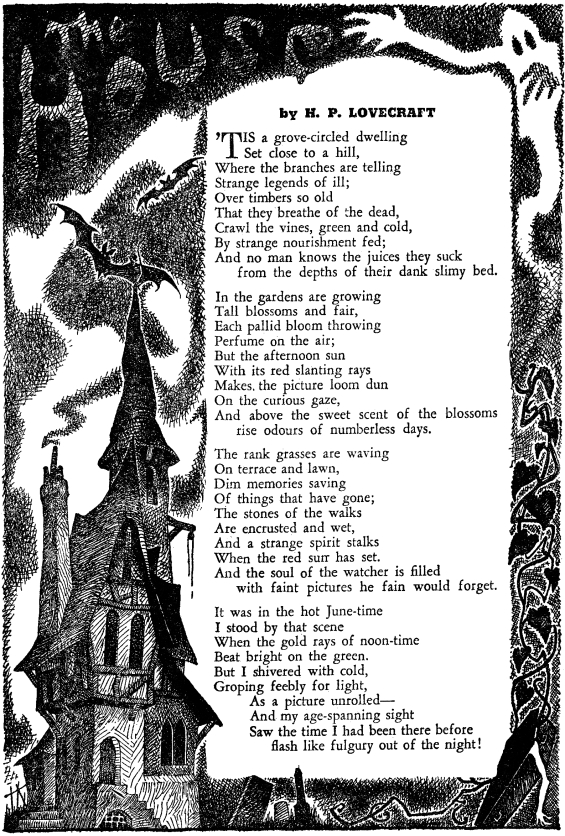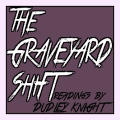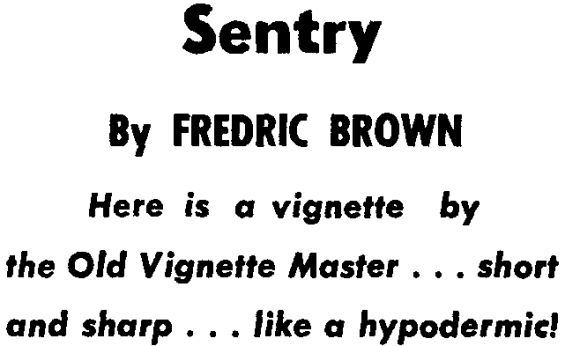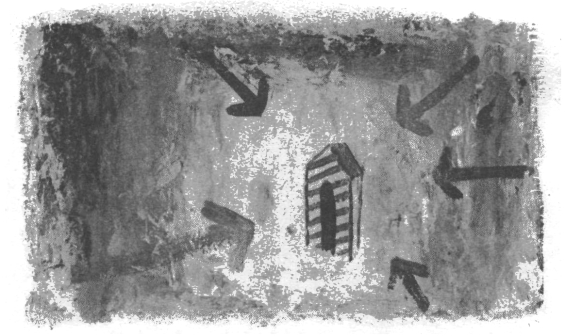
The House, by H.P. Lovecraft, is a short poem first published in The Philosopher 1, No. 1, December 1920. The illustrated version, below, came from Weird Tales, March 1948. The artist was Boris Dolgov. Based on the at you’d think it was a Halloween poem. But the poem is explicitly set in June.
The House by H. P. Lovecraft
’Tis a grove-circled dwelling
Set close to a hill,
Where the branches are telling
Strange legends of ill;
Over timbers so old
That they breathe of the dead,
Crawl the vines, green and cold,
By strange nourishment fed;
And no man knows the juices they suck from the depths of their dank slimy bed.In the gardens are growing
Tall blossoms and fair,
Each pallid bloom throwing
Perfume on the air;
But the afternoon sun
With its shining red rays
Makes the picture loom dun
On the curious gaze,
And above the sween scent of the the blossoms rise odours of numberless days.The rank grasses are waving
On terrace and lawn,
Dim memories sav’ring
Of things that have gone;
The stones of the walks
Are encrusted and wet,
And a strange spirit stalks
When the red sun has set,
And the soul of the watcher is fill’d with faint pictures he fain would forget.It was in the hot Junetime
I stood by that scene,
When the gold rays of noontime
Beat bright on the green.
But I shiver’d with cold,
Groping feebly for light,
As a picture unroll’d—
And my age-spanning sight
Saw the time I had been there before flash like fulgury out of the night.
Posted by Jesse Willis

 I’m not sure when this reading would have been broadcast, likely sometime between the mid-1970s and the mid-1980s, but what we do know is the narrator, Dudley Knight. Knight was a U.C. Irvine professor of drama, who voiced a long running radio series called The Graveyard Shift. This is from that series.
I’m not sure when this reading would have been broadcast, likely sometime between the mid-1970s and the mid-1980s, but what we do know is the narrator, Dudley Knight. Knight was a U.C. Irvine professor of drama, who voiced a long running radio series called The Graveyard Shift. This is from that series.


